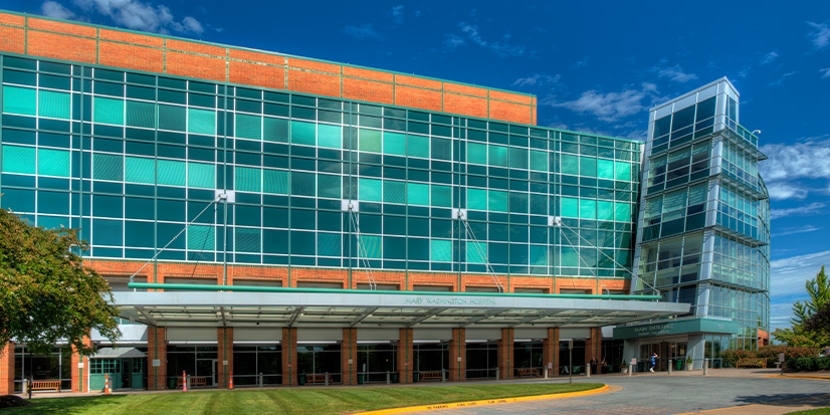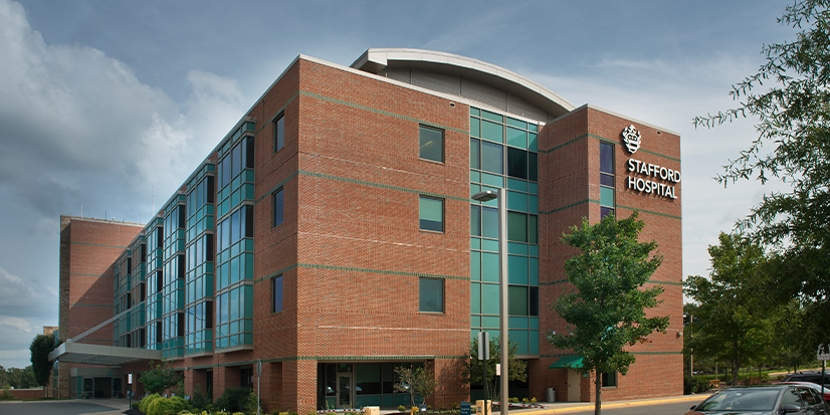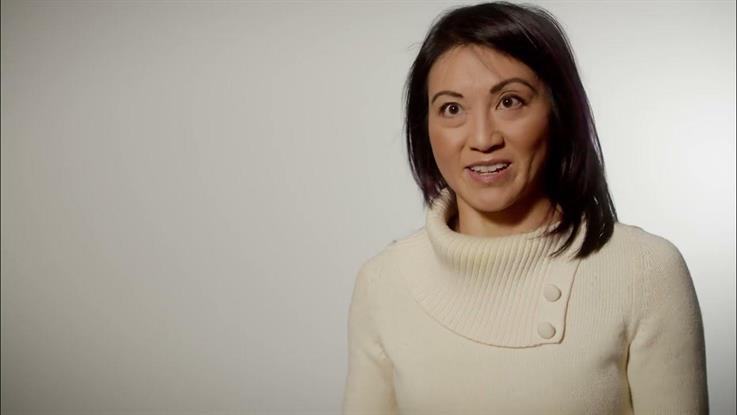
Women & Children
Healthcare for the Whole Family
At Mary Washington Healthcare, we're proud to offer specialized care for women and kids. We work together with Children's National Hospital to give better medical help to babies and children in our community.
Learn more about:
- Gynecology
- Pregnancy & Motherhood (El Embarazo y Maternidad)
- Maternity Care
- Neonatology and Newborns
- Pediatrics
We believe your care should involve open communication, help you feel prepared, and let you know what to expect. When you choose Mary Washington Healthcare, you can expect excellent care. We also want to make sure it's easy for you to get medical help near where you live. Even though our health system has gotten bigger, we still want to be the healthcare friends you can trust, offering great care right in your neighborhood.
-

Fredericksburg, VA 22401
540.741.1100 More Information -

Fredericksburg, VA 22401
540.741.3260 More Information -

Fredericksburg, VA 22401
540.656.2830 More Information -

Fredericksburg, VA 22407
540.899.3440 More Information -

Stafford, VA 22554
540.741.9000 More Information
-

-

-

-

-

-

-

-

-

-
Stafford Hospital Welcomes First 33-Week Gestation Baby ...
Women & Children
Stafford, VA – January 10, 2023 – Stafford Hospital welcomed its first 33-week gestation baby to the newly expanded ...
Continue Reading -
The Family Birthplace at Stafford Hospital Expands ...
Women & Children
Fredericksburg, VA, May 4, 2022 – The Family Birthplace at Stafford Hospital is proud to announce its expansion of ...
Continue Reading -
Pediatric Speech Therapy
Women & Children
Learn about pediatric speech therapy and how an autistic child could benefit from therapy. Our experts on this ...
Continue Reading








.jpg)




